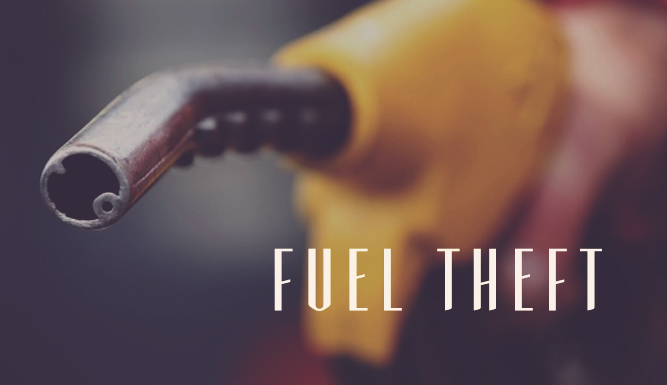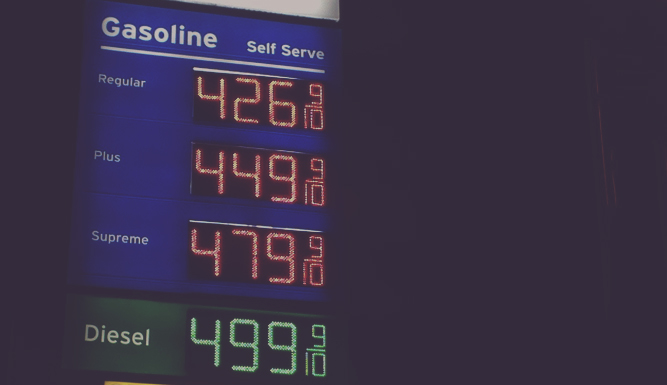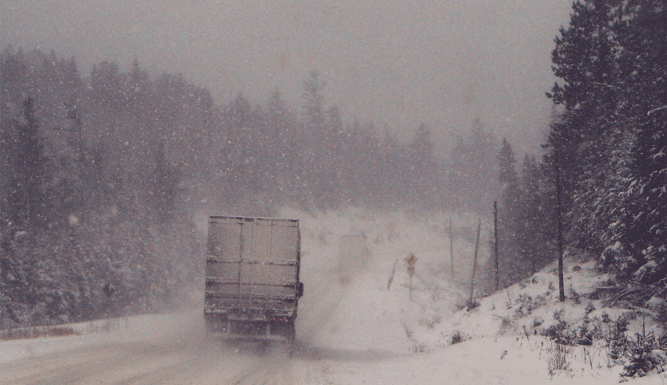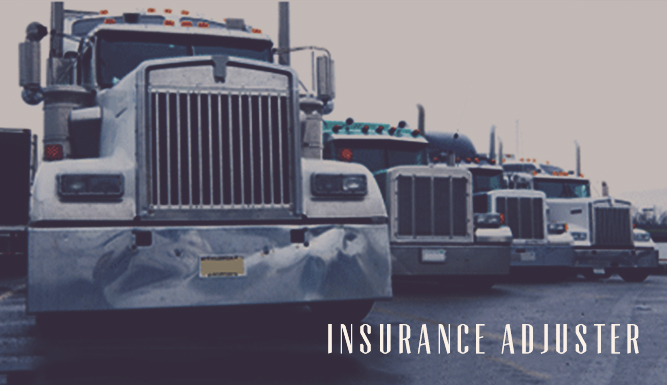Fleet Fuel Card Blog
Stay Up To Date With Fleet NewsThe Best Method to Combat Fuel Theft
According the Association of Certified Fraud Examiners, the typical business organization loses about 5% of it’s revenue each year to theft, fraud, and embezzlement. Think about that for a moment, lost revenue, which is seldom discovered, accounting for $5,000 for...
Can LRR tires save money?
Sometimes we think that any effort to save money in fuel cost must be a positive in our bottom line. Low Rolling Resistance (LRR ) tires fall into this category. Several considerations must be weighed in terms of use, wear, tread design and even climate. Selecting a...
The 2 ways to lower fuel prices
I have long said to end high oil prices we need one of two things, or both. It seems that the proposition of both is now occurring, and thus we’re seeing some of the lowest oil prices in history. The first step to lower prices is less demand. The oil industry is...
10 Steps to Winterize Your Fleet
Winter presents more hazards for drivers and more headaches for fleet managers. Simplify your workload by following a few easy steps to winterizing the fleet yourself for the cold months ahead. First thing is to check your manufacturers maintenance schedule and...
How To Work With An Insurance Adjuster Following An Accident
Fleet managers have plenty of issues on a daily basis. Perhaps one that can be confusing is how to handle an insurance claim following an accident. As a rule of thumb, make the claim with your own insurance carrier. Although you will be charged a deductible, the added...
If You’re Unfortunate Enough To Have An Accident
Owners of heavy trucks face increased scrutiny in their liability when an accident occurs. These factors are compounded when the accident happens in a jurisdiction that may not be friendly to large trucks or the companies that employ them. If you follow some of these...
Labor Statistics Point to More $ for Fleet Managers
So when you were a kid, what did you say you wanted to become when you grew up? If you answered Fleet Manager, then congratulations, you selected position that typically is defined above the national average for employment. According to the Department of Labor’s (DLB)...
Are your drivers following too close?
As a business owner, reducing your employee’s chances of being involved in a rear end collision is like money in the bank…and being involved in a rear end collision, is like letting someone else cash the check on your business. Rear-enders are a major type of accident...
How Level III Data Helps your Fleet Move Forward
Frustrating many business owners is the issue on how to allow employees the ability to conduct a spend transaction in the field. For many years, fleet managers dealt with bulk tanks and specific retailers on a route to provide an accounting of the fuel purchased....
Employer’s Exposure from Background Checks for Drivers
If you’re in the business to hire drivers you already know the importance of compliance. Having a solid program to maintain and exceed compliance standards is key to avoiding unnecessary attention from regulatory authorities and employment rights lawyers. Discovering...
Accident avoidance programs can lower a fleet’s liability cost
Fleet managers may differ on many topics but one subject of agreement is the matter of accidents affecting the financial sustainability of a company. According to the National Highway Traffic Safety Administration (NHTSA), U.S. motor vehicle crashes in 2010 cost...
How Boutique Fuels translate into higher costs
In the 1990’s there were only four different kinds of motor fuels required in the U. S. Today, there are close to 30. In last two decades, various federal, state and local fuel requirements have required retailers to sell new formulations of gasoline that address...










